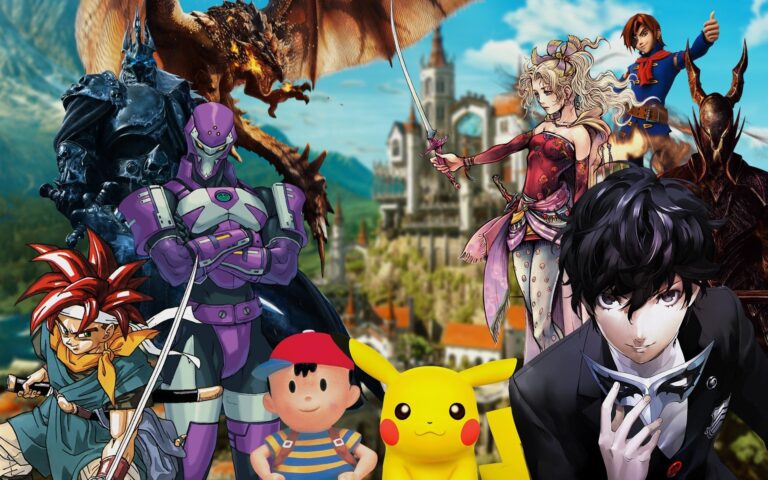Open world games have revolutionized the gaming industry, offering players unparalleled freedom and immersive experiences. These games have become a staple for gamers who crave exploration, adventure, and the ability to create their own stories within vast, dynamic worlds. With their expansive environments and non-linear gameplay, open world games provide a sandbox for creativity, strategy, and endless entertainment.
The Evolution of Open World Games
The concept of open world games dates back to the early days of gaming, but it wasn’t until the advent of more powerful gaming consoles and PCs that the genre truly flourished. One of the earliest examples is “The Legend of Zelda” (1986), which allowed players to explore the fictional land of Hyrule with relative freedom. However, it was “Grand Theft Auto III” (2001) that set the standard for modern open world games. Its sprawling urban environment, freedom of movement, and engaging storyline captivated players and paved the way for future titles.
Over the years, technological advancements have enabled developers to create increasingly complex and detailed worlds. Modern open world games like “The Witcher 3: Wild Hunt” and “Red Dead Redemption 2” showcase stunning graphics, intricate narratives, and vast landscapes teeming with life. These games offer players the chance to interact with a living, breathing world where every decision can have far-reaching consequences, making each playthrough unique.
The Appeal of Open World Games
The allure of open world games lies in their promise of freedom and exploration. Unlike linear games that follow a predetermined path, open world games allow players to forge their own journeys. This freedom can manifest in various ways, such as choosing different missions, interacting with non-playable characters (NPCs), or simply wandering the world and discovering hidden secrets. The sense of autonomy and control is a significant draw for many gamers, as it allows them to play at their own pace and according to their preferences.
Moreover, open world games often feature rich, immersive storytelling that rivals that of movies and TV shows. Characters are well-developed, plots are intricate, and the worlds themselves are meticulously crafted. This level of detail and depth creates an emotional connection between the player and the game, making the experience more engaging and memorable. For instance, the emotional depth of characters like Arthur Morgan in “Red Dead Redemption 2” or Geralt of Rivia in “The Witcher 3” adds layers of complexity to the gaming experience, encouraging players to invest time and emotions into the narrative.
Technological Innovations and Future Trends
Technological advancements continue to push the boundaries of what open world games can achieve. One notable innovation is the use of artificial intelligence (AI) to create more realistic and responsive NPCs. In games like “The Elder Scrolls V: Skyrim,” NPCs have schedules and routines, reacting to the player’s actions in ways that make the world feel alive. Additionally, procedural generation techniques allow developers to create vast, diverse landscapes without manually designing every detail, as seen in “No Man’s Sky.”

Virtual reality (VR) is another exciting development that has the potential to revolutionize open world games. VR offers an unprecedented level of immersion, allowing players to step directly into the game world and interact with it in a more natural and intuitive way. Games like “Half-Life: Alyx” and “The Elder Scrolls V: Skyrim VR” demonstrate the potential of this technology, providing a glimpse into the future of gaming.
The integration of online multiplayer elements is also shaping the future of open world games. Titles like “Grand Theft Auto Online” and “Sea of Thieves” offer expansive worlds where players can team up or compete with others, creating a dynamic and ever-evolving gameplay experience. This trend towards shared worlds and collaborative play is likely to continue, blurring the lines between single-player and multiplayer gaming.
Conclusion
Open world games have undeniably transformed the gaming landscape, offering players unparalleled freedom, immersion, and creativity. From their humble beginnings to the technologically advanced marvels of today, these games provide a sandbox for adventure and storytelling that captivates millions. As technology continues to evolve, the potential for even more immersive and complex open world experiences grows, promising an exciting future for gamers. Whether exploring ancient ruins, embarking on epic quests, or simply wandering through a bustling city, the allure of open world games lies in their ability to transport players to new and wondrous worlds, where the only limit is their imagination.






